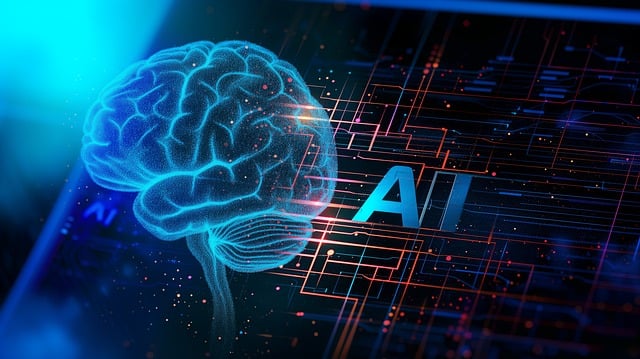
Artificial intelligence (AI) is rapidly reshaping education, making learning more engaging and accessible. AI’s ability to customize lessons and adapt to individual learning styles is revolutionizing classrooms. Personalized learning platforms can analyze a student’s progress, providing tailored feedback and helping them grasp difficult concepts. This approach ensures that children learn at their own pace, making the education process more efficient and effective.
Beyond personalized learning, AI supports teachers by automating tasks such as grading and data management. This frees educators to focus on more meaningful aspects of teaching, such as fostering creativity, critical thinking, and emotional intelligence. Additionally, AI-powered tools can offer tutoring support, enhancing learning opportunities for students in underserved regions, where access to quality education may be limited.
The Future of AI in Education: Innovations on the Horizon:

The future of AI in education offers boundless opportunities. Soon, classrooms could fully integrate AI-based systems to predict student challenges and provide real-time solutions. AI will enable early intervention strategies, ensuring that children receive support before their struggles escalate. This type of data-driven approach will be critical for optimizing educational outcomes.
Future AI technologies will also bring immersive learning experiences through virtual reality (VR) and augmented reality (AR). These technologies will provide students with hands-on experiences—like exploring historical events in VR or experimenting in virtual science labs. Lifelong learning will become more accessible, with AI extending education beyond childhood, allowing people to pursue continuous development at any age.
However, it’s essential to acknowledge the potential pitfalls of a tech-driven future. While AI enhances learning, it cannot replace the emotional and social aspects of human interactions, which are fundamental in the growth and development of children.
Ethical Considerations: Navigating the Risks of AI in Education:

As promising as AI is for education, it also brings significant ethical challenges. One major concern is data privacy. AI systems collect a wealth of personal data from students to optimize learning experiences. Safeguarding this data is critical, as misuse could lead to privacy breaches and long-term harm. Educational institutions must ensure that AI platforms uphold the highest standards of data security and transparency.
Another ethical issue is the digital divide. Access to AI-powered tools may not be equally available to all students, exacerbating existing inequalities in education. Schools in underfunded areas might not have the resources to incorporate advanced technologies, leaving some students behind in an increasingly AI-driven world.
Lastly, over-reliance on AI poses the risk of diminishing the role of teachers. While AI can enhance educational experiences, it should always serve as a tool to supplement—not replace—the human element in teaching. Emotional guidance, empathy, and the ability to connect with students on a personal level are essential qualities that only teachers can provide.
Conclusion: Harnessing AI for a Brighter Educational Future:
AI has the potential to revolutionize education, offering personalized learning experiences, improving accessibility, and enabling innovative teaching methods. However, it is crucial to address the ethical concerns surrounding data privacy, equity in access, and the importance of human interaction in education. By embracing AI thoughtfully and responsibly, we can leverage its power to create a more inclusive, supportive, and effective educational system for future generations.

